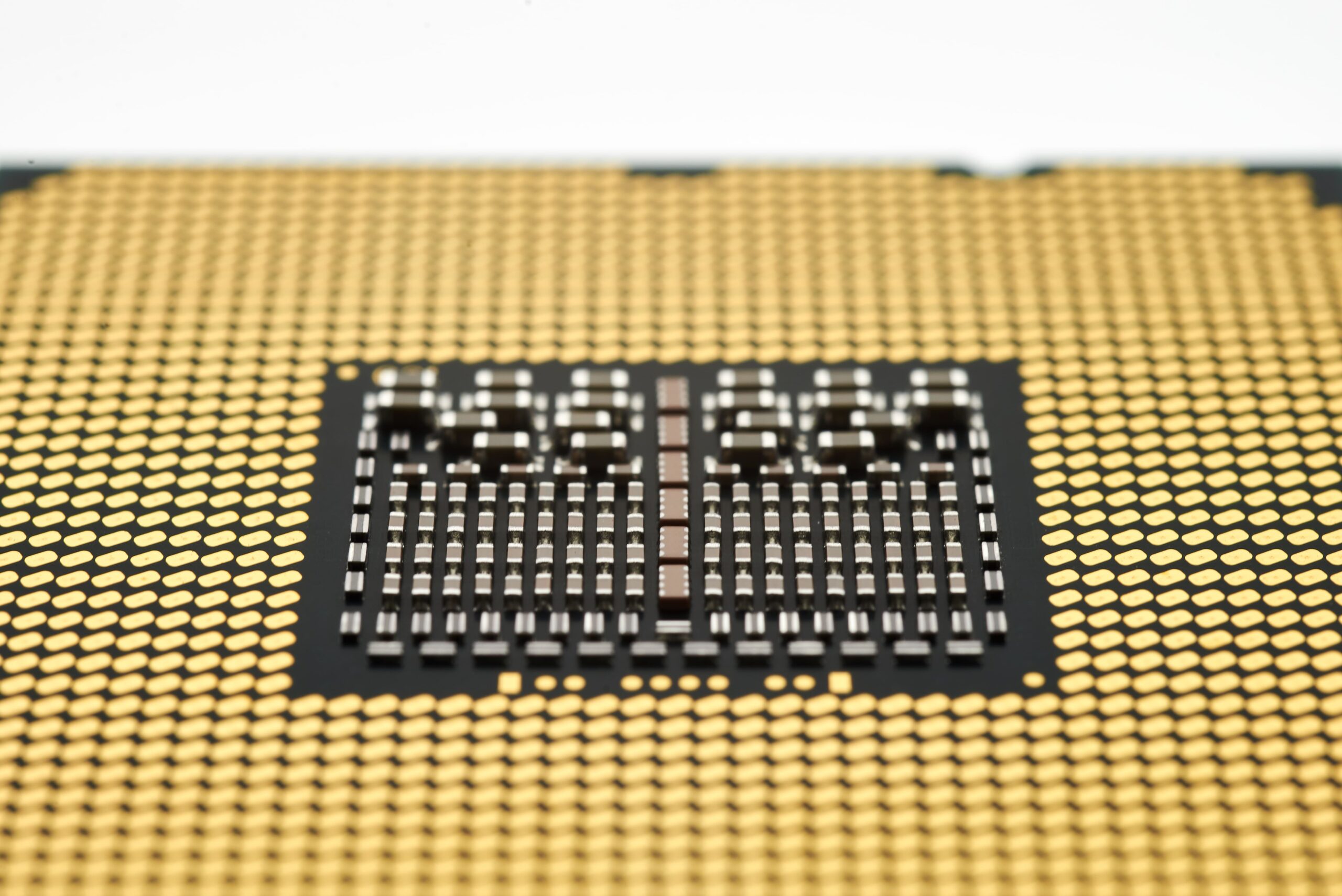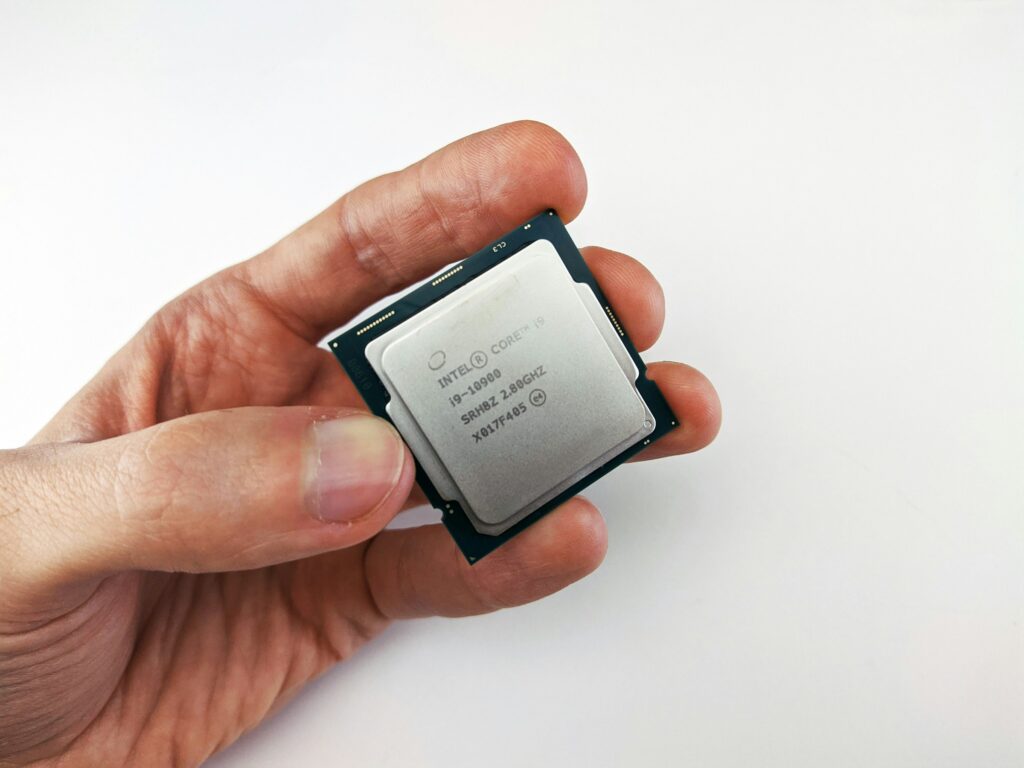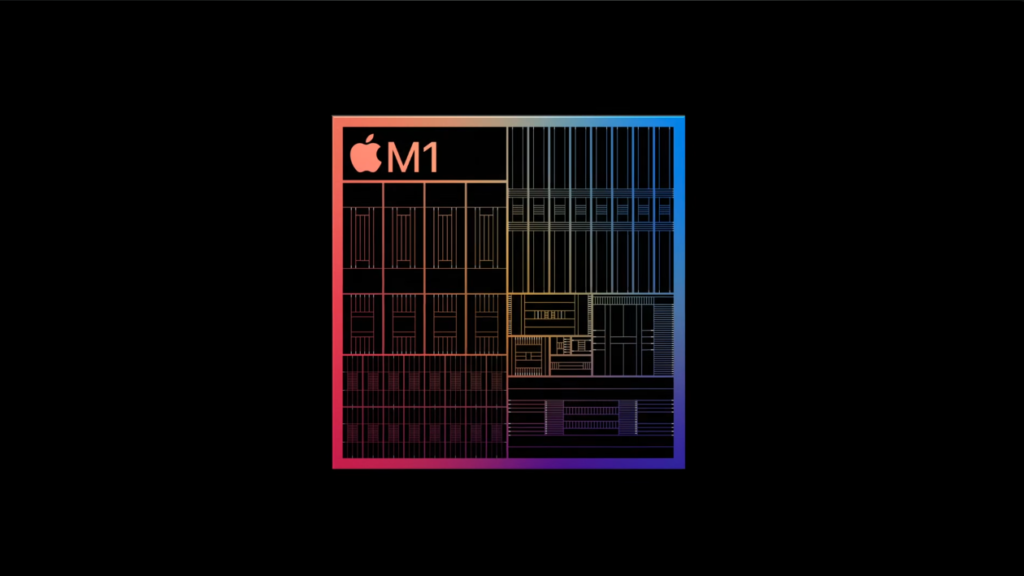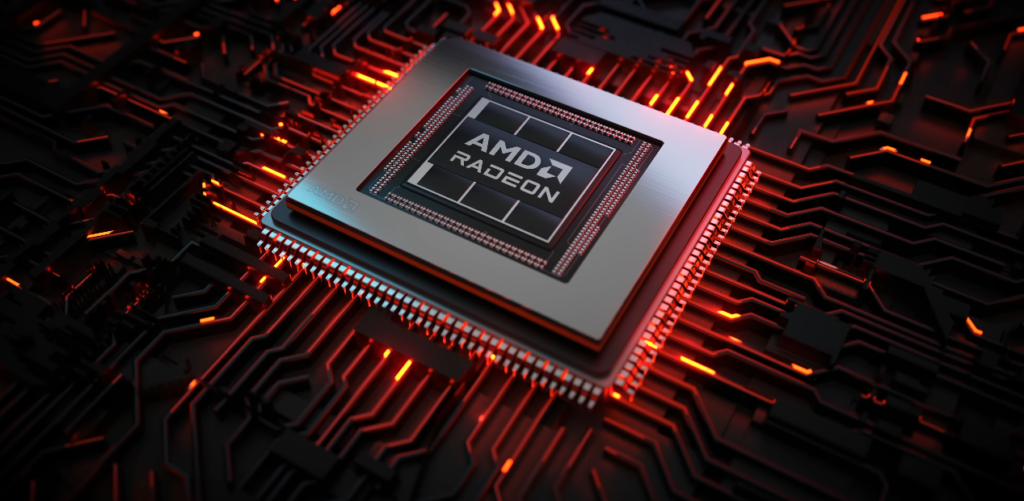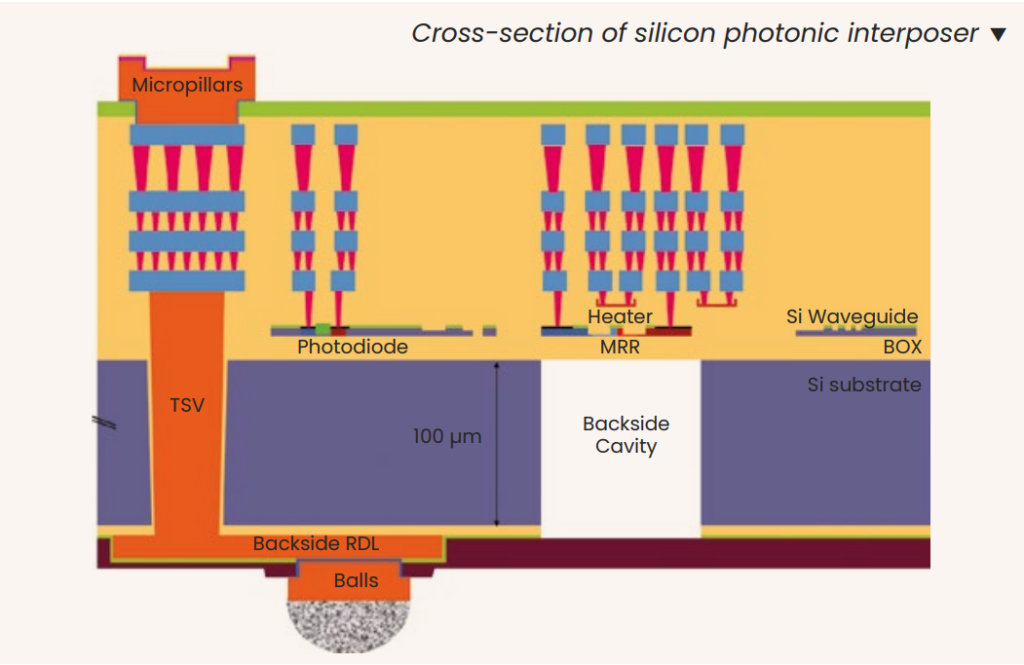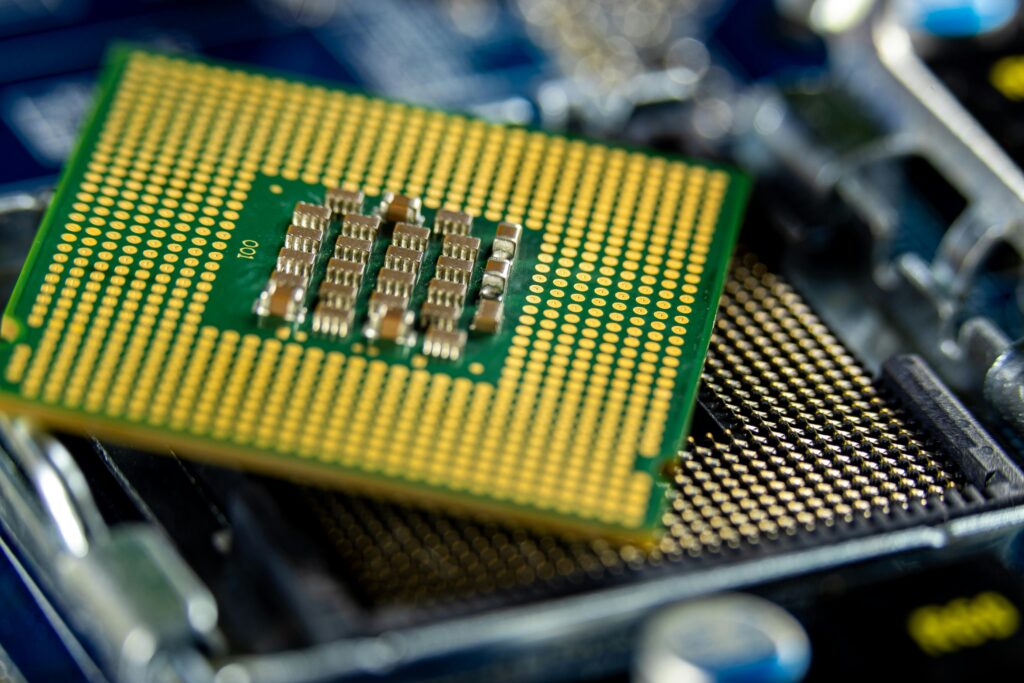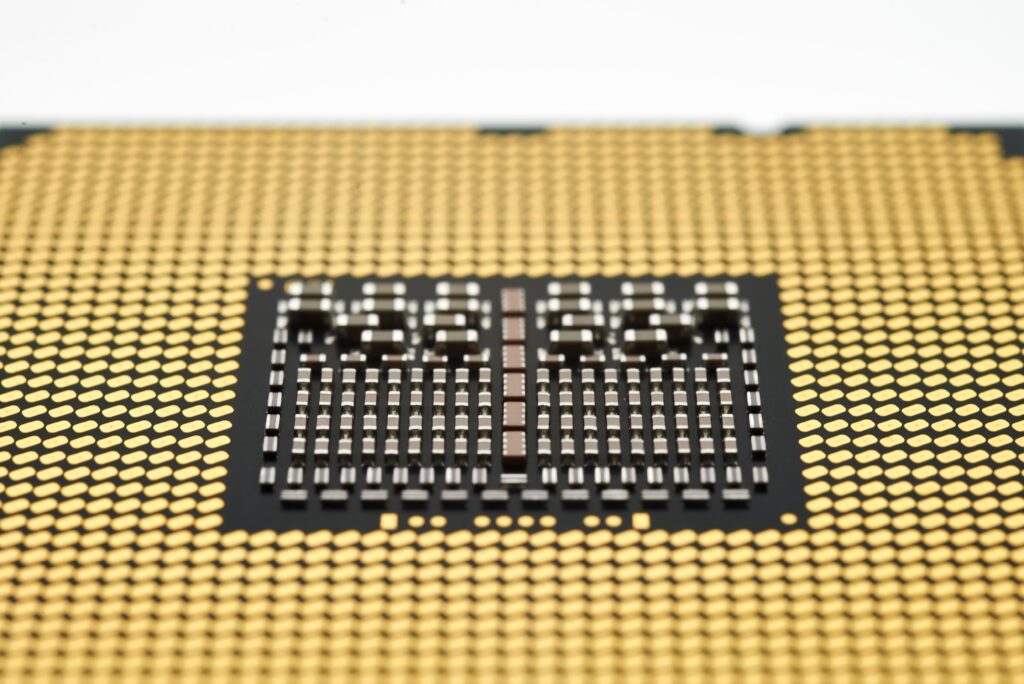Chinese Researchers Unveil Quantum Threat to Classical Cryptography
Recent findings from Chinese researchers highlight a significant and alarming vulnerability in widely adopted cryptographic algorithms that underpin essential sectors like banking and the military. As reported by the South China Morning Post (SCMP), the team utilized a D-Wave quantum computer to execute what is believed to be the first successful quantum attack on classical encryption methods.
These cryptographic techniques, which include well-established standards such as Rivest-Shamir-Adleman (RSA) and the Advanced Encryption Standard (AES), are built on substitution–permutation networks (SPN). The implications of this research could be profound, as it challenges the security foundations of encryption methods long considered robust.
The researchers published their findings in a paper titled Quantum Annealing Public Key Cryptographic Attack Algorithm Based on D-Wave Advantage. In it, they detail two distinct approaches that leverage quantum annealing algorithms to compromise the security of traditional RSA encryption.
The first approach relies solely on D-Wave computers. The researchers present a combination of optimization problems and exponential space search issues to the quantum computer, utilizing the Ising and Quadratic Unconstrained Binary Optimization (QUBO) models to solve these challenges.
The second method integrates classical cryptographic techniques, such as the Schnorr signature algorithm and the Babai rounding technique, with a quantum annealing algorithm. This hybrid approach allows the researchers to operate outside the capabilities of conventional computing, posing a heightened threat to established cryptographic standards.
Led by Wang Chao from Shanghai University, the team claims to have successfully penetrated the widely utilized SPN structure, raising concerns about the potential for breaching AES-256 and other encryption algorithms considered to be military-grade. Wang has refrained from disclosing further specifics due to the sensitive nature of this research. Nevertheless, these advancements suggest that the day may be approaching when current military and enterprise-level encryption can be effectively compromised by quantum computing technologies.
In response to these emerging threats, organizations like the National Institute of Standards and Technology (NIST) are actively evaluating and developing post-quantum cryptographic algorithms. These new standards are designed to be resistant to future quantum computer attacks, offering a crucial line of defense as the landscape of cybersecurity continues to evolve.
